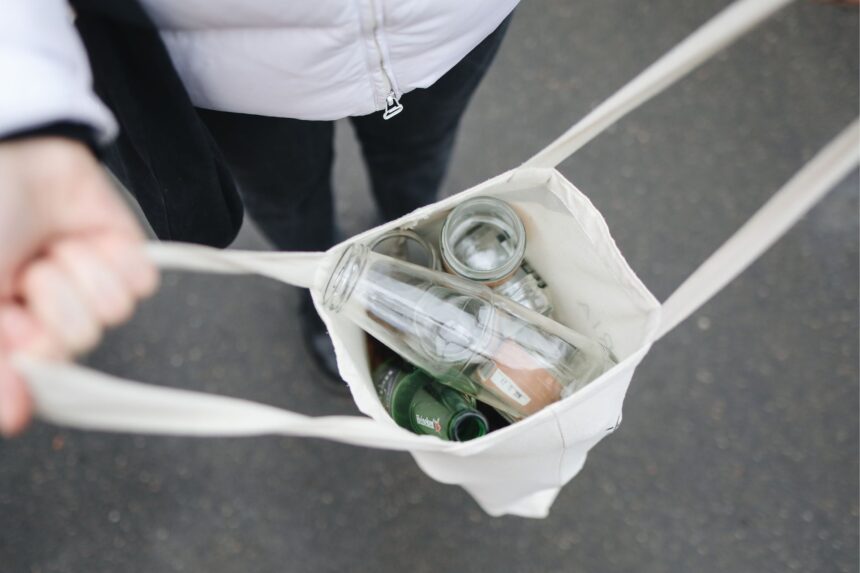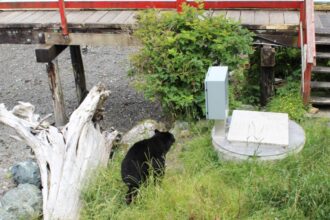In the quiet laboratories of the University of British Columbia, researchers may have uncovered a solution to Canada’s stagnating recycling rates that relies on a surprisingly effective motivator: the chance to win prizes. A groundbreaking study released yesterday examines how implementing lottery-style incentives could revolutionize bottle return systems across the nation, potentially increasing recycling participation by up to 35% in pilot communities.
“Human behavior is fundamentally tied to reward systems, and traditional recycling programs have largely ignored this psychological reality,” explains Dr. Maya Patel, lead researcher and environmental economist at UBC’s Sustainability Institute. “Our three-year study demonstrates that when people have even a small chance of winning something for their environmental efforts, participation skyrockets.”
The research team deployed lottery-based bottle return systems in five Canadian municipalities, each representing different demographic and geographic profiles. Participants received a digital entry into weekly and monthly prize drawings each time they returned eligible containers. The results were striking – not only did overall return rates increase, but the programs attracted entirely new segments of the population who had previously never participated in bottle returns.
In Fredericton, New Brunswick, where the pilot saw the most dramatic results, recycling rates jumped from 62% to 89% within just six months. Local resident James Morrison told researchers: “I used to let my empties pile up for months. Now I’m returning them weekly because, why not? Even if I don’t win the big prizes, I’m still getting my deposit back.”
The economic analysis portion of the study suggests the model could be self-sustaining. Unlike traditional recycling programs that require constant government funding, the lottery system generates excitement while operating on a portion of unclaimed deposits and private sponsorships. Industry partners have already expressed interest in expanding the concept nationally.
What distinguishes this approach from previous recycling incentives is its careful application of behavioral economics principles. “We’re not just adding a lottery component,” says Dr. Patel. “We’ve carefully calibrated the reward structure to maximize psychological engagement while remaining economically viable.”
Environmental impact assessments conducted alongside the behavioral research indicate that if implemented nationwide, such a program could divert an additional 243,000 tons of recyclable materials from landfills annually. This would represent a significant step toward meeting Canada’s climate goals while creating new opportunities in the circular economy.
Critics, however, question whether using gambling-like mechanics is the right approach for environmental stewardship. Dr. Thomas Reyerson from the Canadian Environmental Policy Institute cautions: “While the results are promising, we must consider whether creating systems that potentially trigger addictive behaviors is the foundation we want for environmental action.”
The UBC team acknowledges these concerns but notes their program includes safeguards to prevent problematic gambling behaviors while emphasizing that the motivation comes primarily from environmental benefits, with the lottery component serving merely as an added incentive.
As municipalities across Canada struggle with waste management challenges and ambitious recycling targets, this research provides a potential pathway forward that merges behavioral science with environmental goals. Several provincial environmental ministers have requested briefings on the findings, suggesting policy changes could be on the horizon.
The question now facing Canadian policymakers and environmental advocates is profound: If a small chance at winning prizes can dramatically increase our willingness to recycle, what does this reveal about our underlying motivations for environmental stewardship, and how might we harness these insights for other sustainability challenges?


















